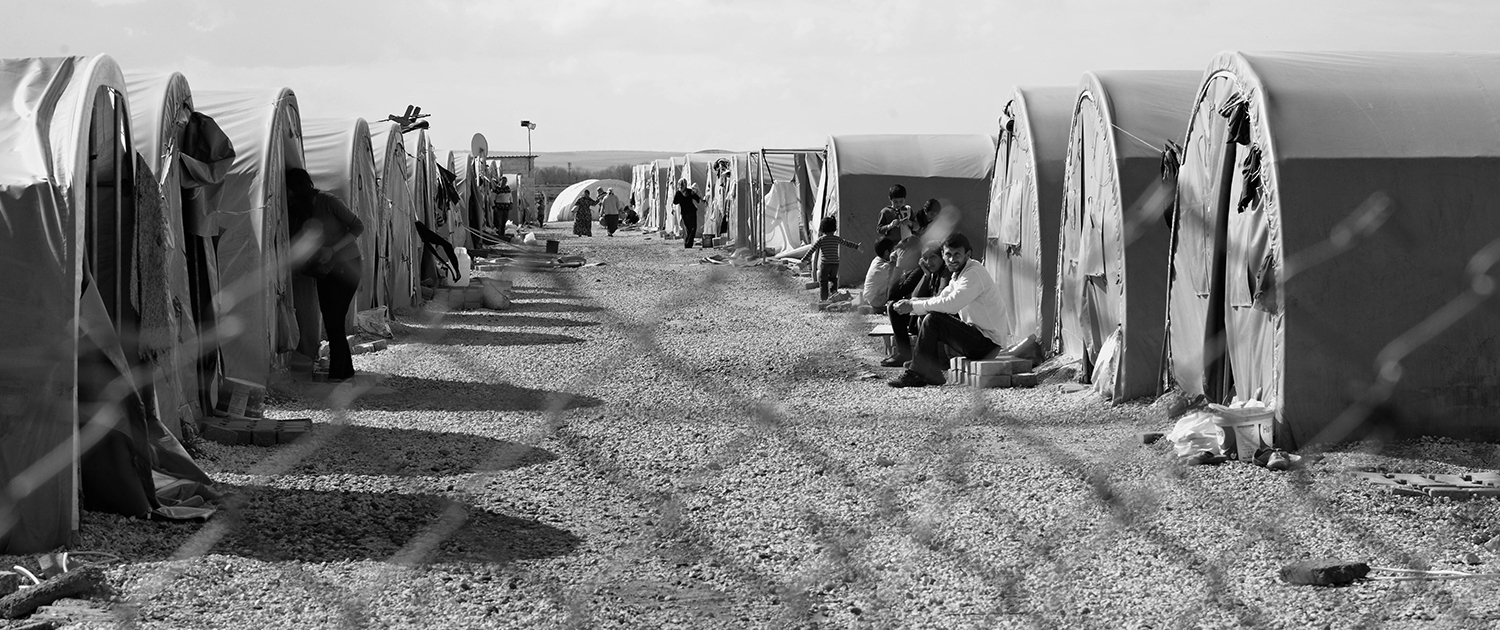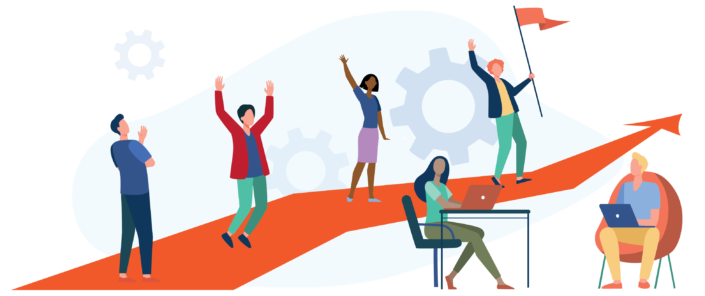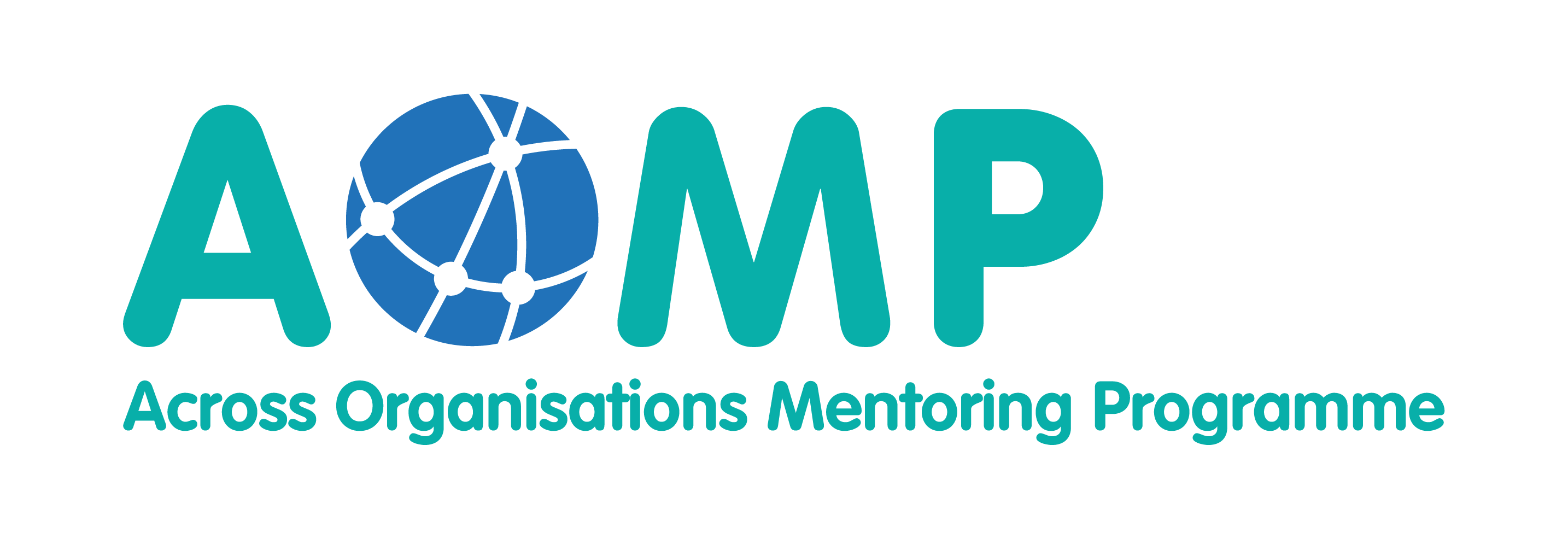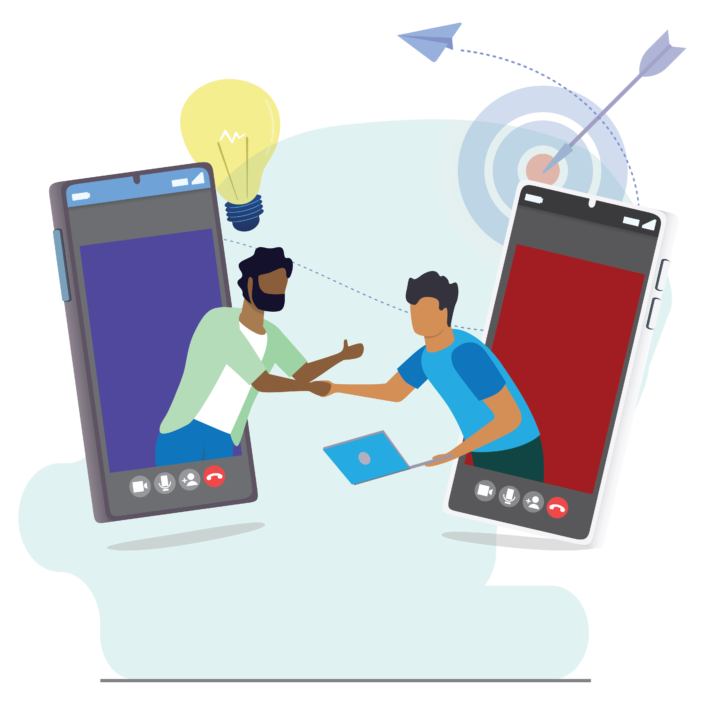The Coaching and Mentoring interagency working group is made up of experienced coaching and mentoring specialists that are designing and rolling out mentoring interventions both internally within their own organisation and through our sector facing initiatives. Our aim is to build a base pool of mentors who has access to an innovative network that share good practice and provides opportunities to coach and mentor within different organisational contexts. We believe that the strength of this network has enormous value to the wider sector and through our initiatives we are able to connect people across the humanitarian and international development sector who are interested in mentoring.
We recognise that there are many challenges to managing a Mentoring Programme and so our mentoring toolkit provides organisations with a step-by-step guide to deliver their own successful formal Mentoring Programme. The models and resources available through this site can support mentors to gain confidence in their ability to support their mentees.
